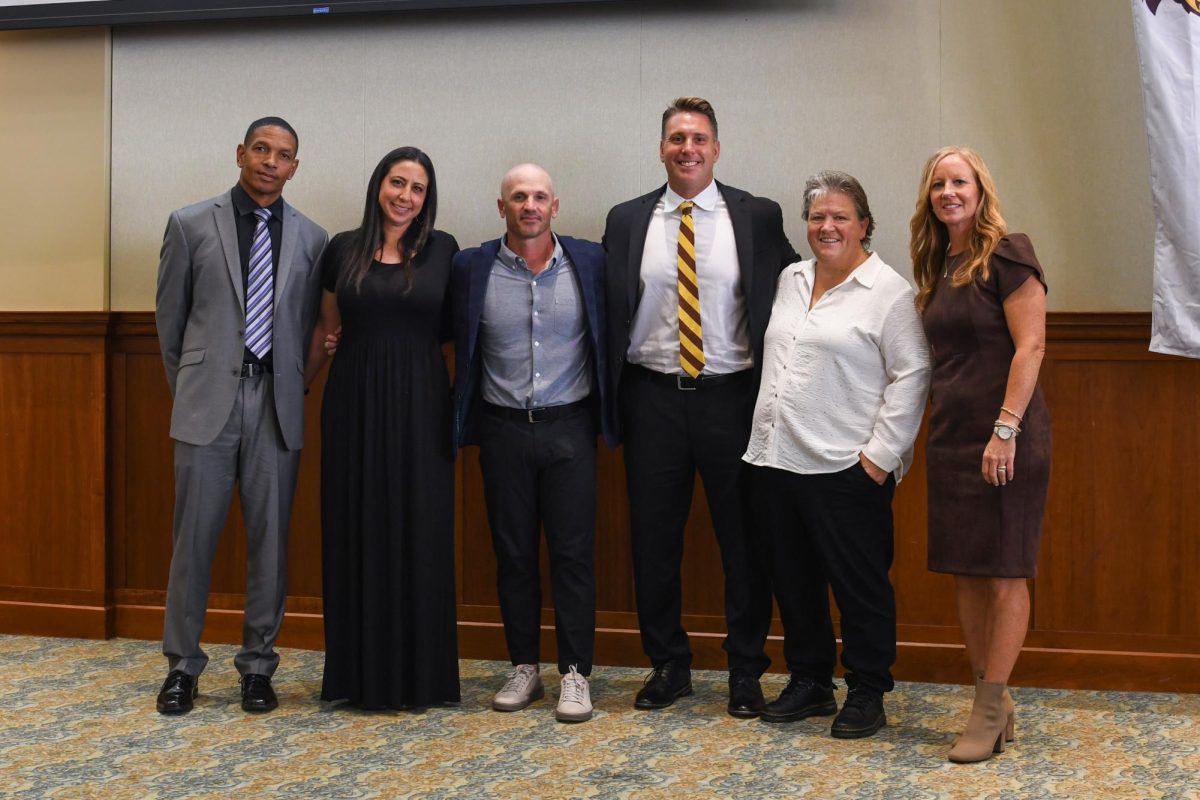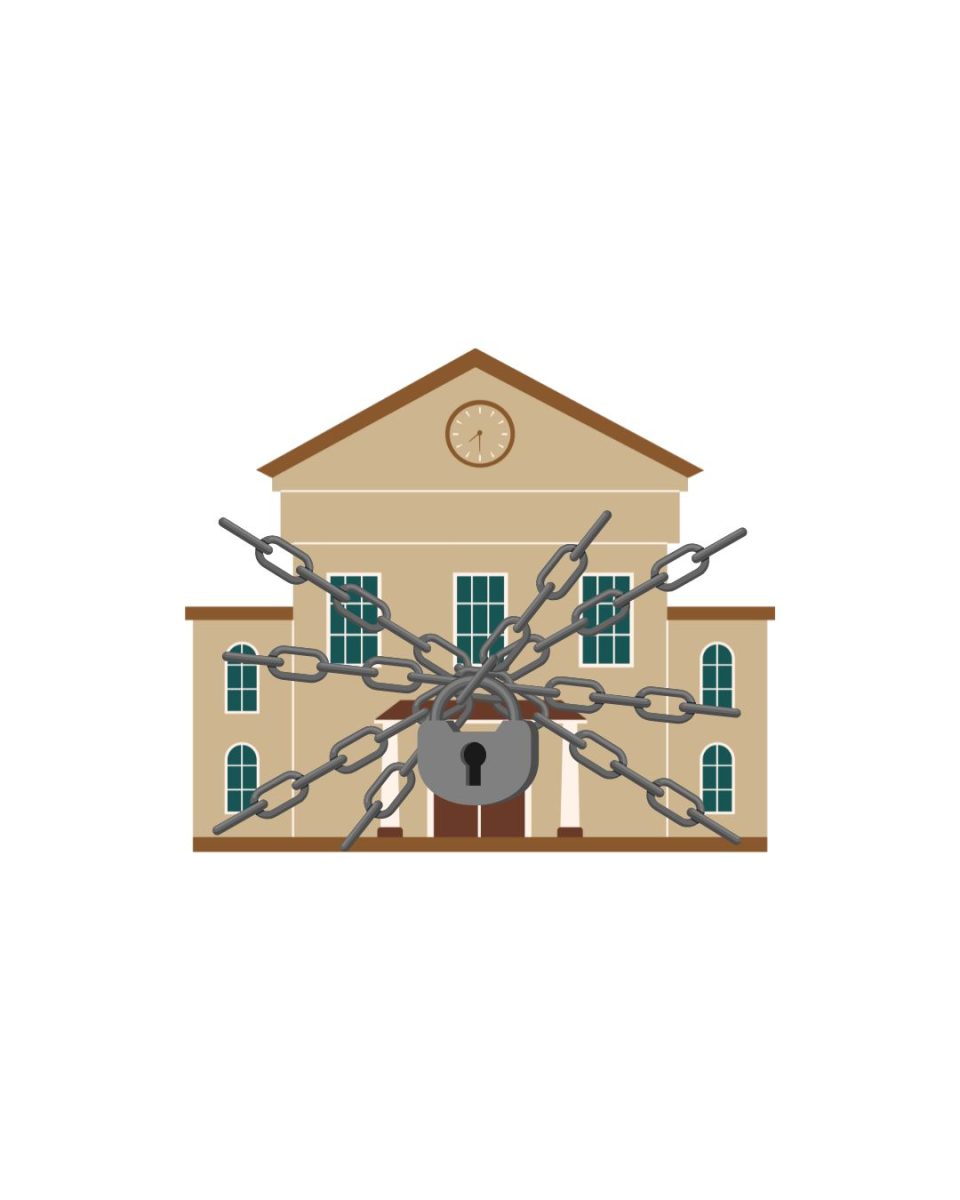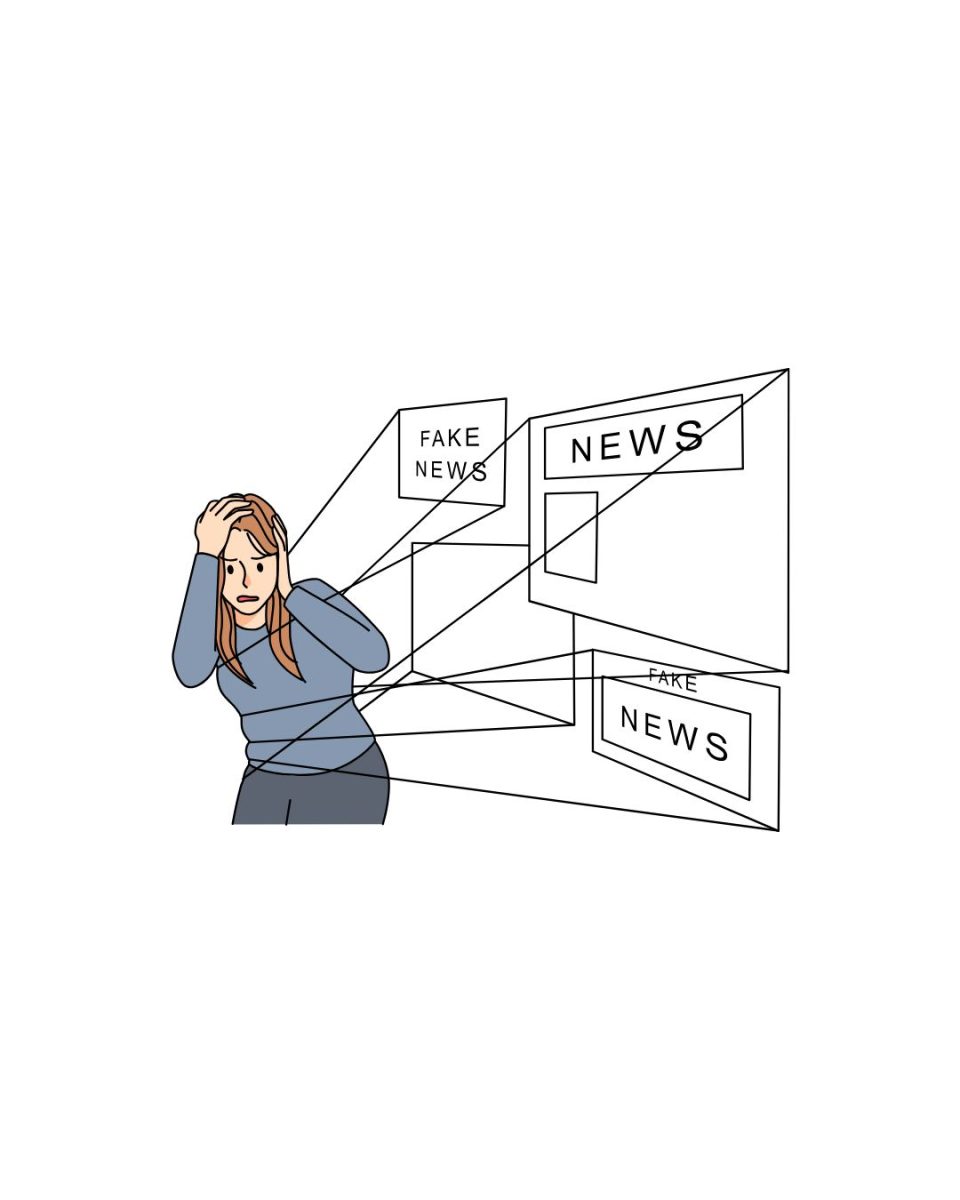On Nov. 9 we’re going to have to face the reality that our candidates are no longer our candidates. We’re going to have to shed the partisan labels, leave behind the bumper stickers and t-shirts and accept that whether they were our candidates or not, someone is now our president.
After the results, we’re going to have just a few short weeks to accept them before heading home for Thanksgiving where Uncle John will make a comment about the group of “lazy” people he doesn’t like. Maybe we could have ignored it when you didn’t know who he was talking about, but now that you’ve seen his rants on Facebook and Twitter building up through the campaign, it’ll take a lot not to explode and ruin the dinner with fractious political debate.
This election has been tough – for everyone. Around campus students have spoken a lot about their preferred candidates. Many have said that they preferred Vermont Senator Bernie Sanders before his loss during the Democratic primary. Some said they now reluctantly support Hillary Clinton while others have rallied behind the unconventional Republican nominee Donald J. Trump. Recently, some students have even reported that they plan on skipping out on voting all together.
Private conversations often result in someone calling their opponents’ supporters stupid, ignorant, uneducated or corrupt. For more than a year we’ve been labeling each other by our allegiances and in doing so, have been marking our friends, family, and peers by whether we think they’re stupid or smart – and we’ve done it based mainly on who they support in their Twitter bio.
Barring a major development, there won’t be any argument to have surrounding the results. The president of the United States will have been decided by the votes of your peers and the fight will end. The obligation of Americans everywhere at the end of the election will be to bridge the divide that’s grown so cataclysmic between the left and the right, the old and the young, and every other subgroup versus every other subgroup in America.
Your friends will stop retweeting polls, and campaign ads will stop circulating on Facebook. But for many, the scars earned from seeing a dear friend support the candidate you bitterly despise will remain. The election ends on Nov. 8 but the question of how we live in the post-election world will continue.
In the course of this election we’ve seen people respond positively as one candidate called the other’s supporters “deplorable,” or as the other suggested banning a religious group from the country. The losing candidate will slowly fade away, but it’s unclear if the effect of a friend’s opinions ever will. How will you hold a conversation with them in December knowing that’s what they believe, having already stuck them will superlatives based on their voting preferences?
It used to be said that you don’t talk politics because nothing good can come of it. But with the growth of social media and the always-on, sharing mentality, we know every thought, feeling and leaning in the minds of our friends and family. Now we’re going to have to find a way to accept those opinions and move on, or cut ties entirely.
In a lot of ways this election has brought out the worse in all of us. But how we act on Nov. 9 is what will define us. Will we reconcile differences or finally just unfriend everybody on Facebook that’s been posting those Tomi Lahren videos? It’s on you to look past results, and start seeing people.
When we sit down with Uncle Tom over turkey and mashed potatoes, there’s going to be a lot of unsettled issues left lingering. How we handle Uncle Tom though will dictate how we handle each other. We’re going to have to go on long after the election knowing things we wish we never did and having counted out the people we thought we were our friends. It’s not just parties that have to come together after a contentious campaign. We still have to look across the table and ask Uncle Tom to pass the cranberry sauce, politics aside.
For questions/comments about this piece email [email protected] or tweet us @TheWhitOnline.



































































































































































































